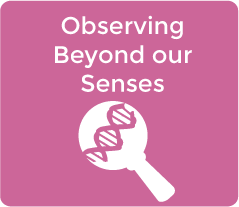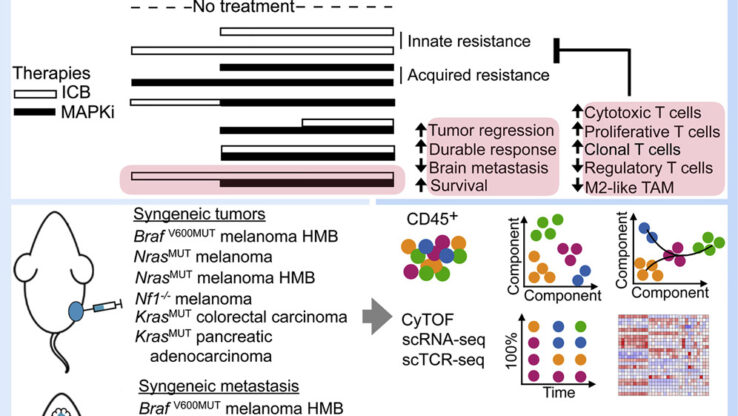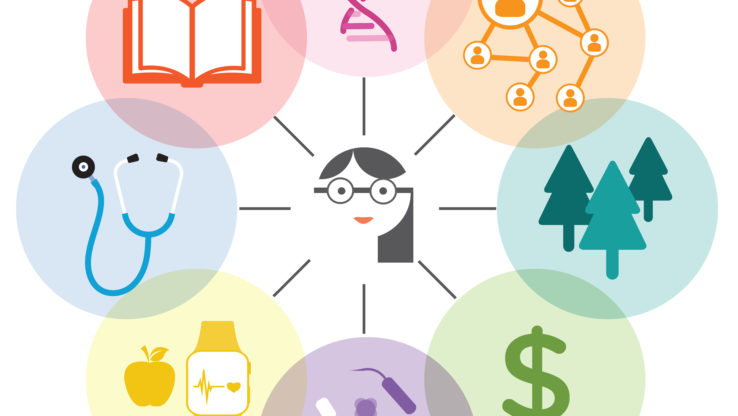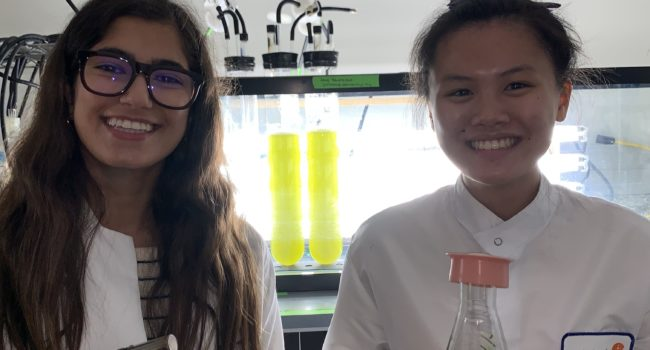Class: 17 | Genetically Modified Organisms
 see.isbscience.org/curriculum/community-contributed/class-17-genetically-modified-organisms/
see.isbscience.org/curriculum/community-contributed/class-17-genetically-modified-organisms/
Main Theme:
Natural selection, artificial selection, genetic modification & cloning all result in same thing –desired or most fit phenotypes, but the processes are different and have different ethical considerations.
Learning Objectives
- Predict offspring phenotypes & genotypes
- Differentiate between natural selection, artificial selection & genetic modification & cloning
- Appreciate benefits of genetically modified organisms (GMOs)
- Clarify concerns about GMOs
- Prioritize biodiversity
Due Today:
Nothing
Next class:
GMO consequences
Lesson Plan:
A. 5 min
Learning objectives & Review central dogma of biology
B. 10 min
Ballot Initiative 522 in Washington & reasons for and against GMO food labeling. Stress money spent on this issue & international and national interest. GMOs are very much in spotlight.
C. 5 min
Natural selection & evolution as normal method of altering population genetics based on differential survival or fitness of phenotypes.
D. 40 min
Definition and illustration of artificial selection/selective breeding, genetic modification, and genetic engineering. & cloning. broad list of GMO organisms & GMO development time-line. Significant breaks to answer questions:
Why would we genetically modified a human?
Why wouldn't we genetically modified a human?
Why would we clone a human? Do you think it has already happened?
Why wouldn't we clone a human?
* key points: medical miracles are possible, but where are the appropriate boundaries? Are clones people? How does economics play into human GM & cloning?
E. 5 min
Homework
Post Class Notes
One section needed to complete their virus worksheets today, other classes had longer discussions about benefits & drawbacks of human genetic modification & cloning. Excellent class discussions.






